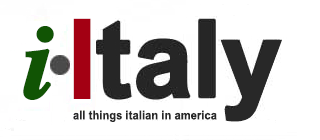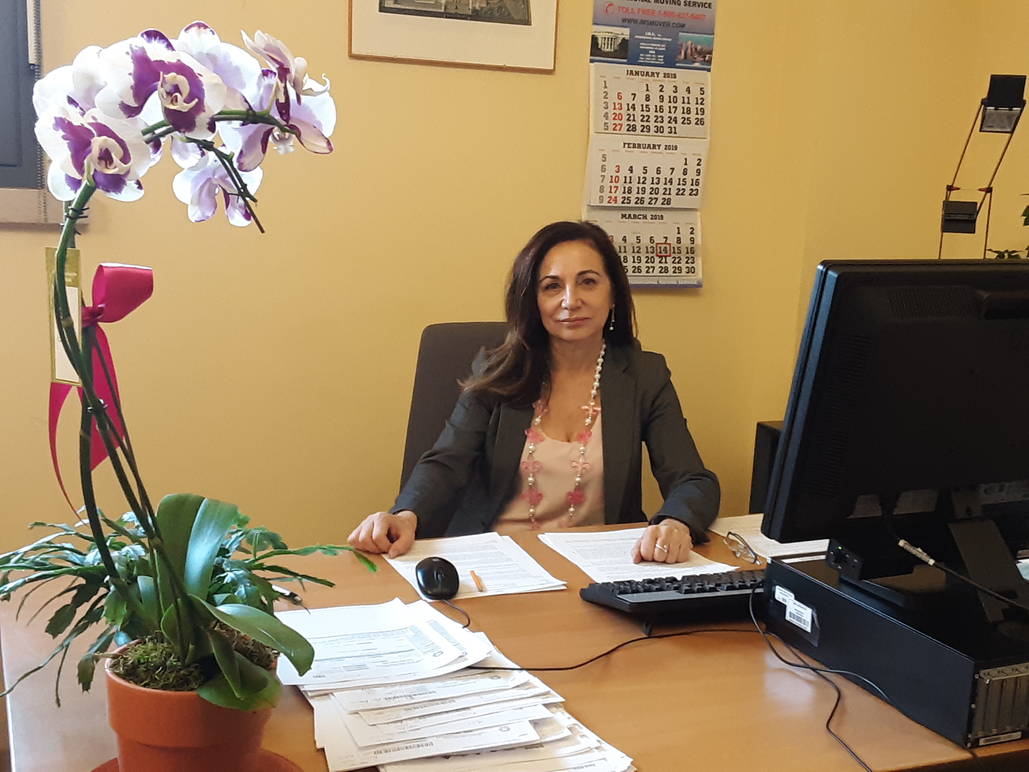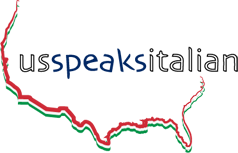Expanding Italian Language Programs in the United States
from: 

Despite a steep decline in foreign language studies in the United States, the number of Italian language students is growing. A report on the “General States of the Italian Language,” presented in October 2018 by the Italian Ministry of Foreign Affairs, revealed that the number of university students studying Italian in the United States increased from 64,449 in 2016 to 73,479 in 2018. The number of Italian language students at all levels and grades increased by 14% nationally. As more universities forgo foreign language requirements and government funding cuts international education, what is causing this rise in Italian language programs?
A relatively small country, Italy has a population of 60 million inhabitants. Meanwhile, American and British power in the global economy has propelled English as one of the most commonly spoken languages in the world. Students in the United States are therefore less compelled to learn another language, particularly one they feel will not help them directly in their chosen career.
However, Italy is the most popular non-English speaking destination abroad for American university students, according to a report from the Bureau of Educational and Cultural Affairs. Italy has always played an alluring, fantastical role in the foreign imagination, dating back centuries to the traditional “Grand Tours” of upper-class European men traveling there as a rite of passage. A vibrant country pulsing with ancient and Renaissance history, priceless artworks, breathtaking landscape, and rich, fertile soil that produces one of the healthiest diets in the world, Italy is the home of an enriching lifestyle.
Maria Fusco left her native Rome in September of 2016 to become Director of the Education Office at the Embassy of Italy in Washington, DC. She wanted to promote her beloved country’s language and culture overseas, in a place that would make a significant difference.
“It is time to consider learning a foreign language as one of the most important aspects – and assets – of education. When we learn another language, we embrace the cultural heritage of the country – and are enriched by it. We become more open-minded,” Fusco wrote, addressing the importance of foreign language programs in American schools.
continue reading at I-Italy.org


